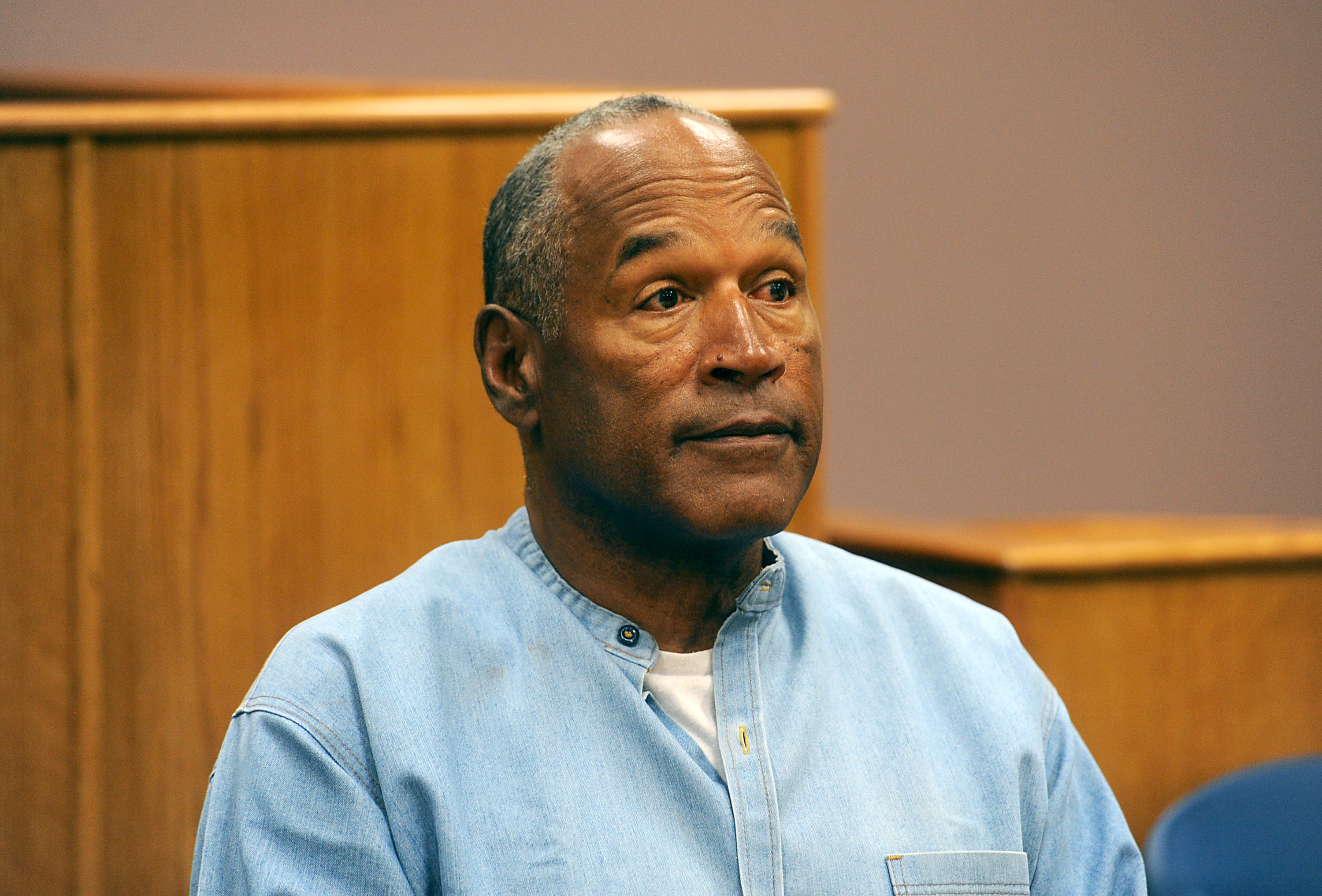The seriously wounded suspect in the Boston Marathon bombing, charged Monday with terror crimes that could carry the death penalty, has told investigators that he and his brother were motivated by religious fervor but weren't in touch with any overseas terrorists or groups, NBC News reported.
He said the pair conceived the bombing plot on their own and found bomb-making instructions online, according to several officials familiar with his initial interrogation.
Dzhokhar Tsarnaev, who is still being treated in a Boston hospital for wounds he sustained in the gunbattle with police that killed his suspected co-conspirator and brother Tamerlan, was cooperating with investigators, the officials told NBC News.
For full coverage of the Boston Marathon bombings investigation, visit NBCNews.com.
Tsarnaev, 19, was charged in his Beth Israel Deaconess Medical Center room Monday over his and his brother's alleged plot. Although a gunshot wound to his throat prevents him from speaking properly, he has answered questions in writing and by nodding yes or no, federal officials told NBC News.
Tsarnaev was read his Miranda rights and charged by federal prosecutors with using and conspiring to use a weapon of mass destruction — a bomb — to kill, NBC News reported. Three people were killed and more than 200 wounded when two pressure-cooker bombs sprayed shrapnel into the crowd at the finish line last Monday.
The criminal complaint against Tsarnaev containing the allegations shed no light on a motive. But it gave a detailed sequence of events and cited surveillance-camera images of Tsarnaev dropping off a knapsack with one of the bombs and using a cellphone, perhaps to coordinate or detonate the blasts.
U.S. & World
The day's top national and international news.
Federal investigators are hoping that the Massachusetts college student will shed light on his own motive in the attack he accused of committing — as well as that of his older brother Tamerlan, 26, who died Friday after a shootout with police.
Tamerlan is known to have spent six months in Russia last year, and authorities want to find out what he did there and whom he met. Investigators are also questioning Tamerlan's widow Katherine Russell Tsarnaev, who whose lawyer told the Associated Press that she had no suspicions her husband might be plotting something.
Although investigators have not yet spoken with her, details were already emerging about Tamerlan.
On Monday, a Boston-area mosque where the brothers occasionally attended prayers said in a statement that Tamerlan had twice angrily disrupted sermons in recent months, prompting mosque leaders to warn him that he wouldn't be welcome if his disruptions continued.
The mosque said that he first interrupted a sermon in November, disrupting a sermon about the significance of Thanksgiving to argue that Islam didn't allow such celebrations. He did so again in January, interrupting a sermon praising the legacy of Dr. Martin Luther King Jr. to call the preacher a "non-believer" and hypocrite, according to the statement.
As glimpses emerged of possible motives for the attacks Monday, federal authorities laid out its case against the surviving suspect — as well as what they described as the timeline of the Boston Marathon bombing.
"Although our investigation is ongoing, today's charges bring a successful end to a tragic week for the city of Boston and for our country," Attorney General Eric Holder said in a statement.
The charges carry the death penalty or a prison sentence of up to life.
In outlining the evidence against him in court papers, the FBI said Tsarnaev was seen on surveillance cameras putting a knapsack down on the ground near the site of the second blast and then manipulating a cellphone and lifting it to his ear.
Seconds later, the first explosion went off about a block down the street and spread fear and confusion through the crowd. But Tsarnaev — unlike nearly everyone around him — looked calm and quickly walked away, the FBI said.
Just 10 seconds or so later, the second blast occurred where he had left the knapsack, the FBI said.
The FBI did not make it clear whether authorities believe he used his cellphone to detonate one or both of the bombs or whether he was talking to someone.
The court papers also said that during the long night of crime Thursday and Friday that led to the older brother's death and the younger one's capture, one of them told a carjacking victim: "Did you hear about the Boston explosion? I did that."
The brothers are ethnic Chechens from Russia who have lived in the U.S. for about a decade. Investigators are focusing on a trip the older brother made last year to Chechnya and Dagestan, in a region of Russia that has become a hotbed of separatist politics and Islamic extremism.
In addition to the federal charges, the younger Tsarnaev brother is also likely to face state charges in connection with the shooting death of an MIT police officer.
The Obama administration said it had no choice but to prosecute Tsarnaev in the federal court system. Some politicians had suggested he be tried as an enemy combatant in front of a military tribunal, where defendants are denied some of the usual U.S. constitutional protections.
But Tsarnaev is a naturalized U.S. citizen, and under U.S. law, American citizens cannot be tried by military tribunals, White House spokesman Jay Carney said. Carney said that since 9/11, the federal court system has been used to convict and imprison hundreds of terrorists.
In its criminal complaint, the FBI said it searched Tsarnaev's dorm room at the University of Massachusetts-Dartmouth on Sunday and found BBs as well as a white hat and dark jacket that look like those worn by one of one of the suspected bombers in the surveillance photos the FBI released a few days after the attack.
Tsarnaev was captured Friday night after an intense all-day manhunt that brought the Boston area to a near-standstill. He was cornered and seized, wounded and bloody, after he was discovered hiding in a tarp-covered boat in a Watertown backyard.
He had apparent gunshot wounds to the head, neck, legs and hand, the FBI said in court papers.
The brothers' mother, Zubeidat Tsarnaeva, told ABC News in a phone interview that the older of the suspects, Tamerlan, had called her in the moments before the firefight that killed her eldest son.
"'The police, they have started shooting at us, they are chasing us,'" she recalled him saying.
She told ABC News that his final words to her were, "Mama, I love you."
Watertown Police Chief Ed Deveau has said that Tamerlan was killed after he and his brother battled police with guns, crude grenades and what appeared to be a pressure cooker bomb.
After Tamerlan ran out of bullets and was tackled by police, his younger brother ran him over during a getaway, Deveau told the Boston Globe.
At the scene of the shootout, the FBI found two unexploded improvised explosive devices, and remnants of several exploded IEDs, according to the federal complaint against Dzhokhar Tsarnaev.
Later that night, after he was captured hiding in the Watertown boat, police found a University of Massachusetts at Dartmouth ID card, credit cards and other forms of ID, all in the name of Dzhokhar Tsarnaev.
"We're satisfied the two main actors, the people that were committing the damage out there, have been either captured or killed," Boston Police Commissioner Ed Davis said on "Today" Monday. But Davis said he could not say anything "with 100 percent certainty."
Seven days after the bombings, meanwhile, Boston was bustling Monday, with runners hitting the pavement, children walking to school and enough cars clogging the streets to make the morning commute feel almost back to normal.
Residents paused in the afternoon to observe a moment of silence at 2:50 p.m., the time of the first blast. Church bells tolled across the city and state in tribute to the victims.
Standing on the steps of the state Capitol, Massachusetts Gov. Deval Patrick bowed his head and said after the moment of silence: "God bless the people of Massachusetts. Boston Strong."
On Boylston Street, where the bombing took place, the silence was broken when a Boston police officer pumped his fists in the air and the crowd erupted in applause. The crowd then quietly sang "God Bless America."
Also, hundreds of family and friends packed a church in Medford for the funeral of bombing victim Krystle Campbell, a 29-year-old restaurant worker. A memorial service was scheduled for Monday night at Boston University for 23-year-old Lu Lingzi, a graduate student from China.
Fifty-one victims remained hospitalized Monday, three of them in critical condition.
At the Snowden International School on Newbury Street, a high school set just a block from the bombing site, jittery parents dropped off children as teachers — some of whom had run in the race — greeted each other with hugs.
Carlotta Martin of Boston said that leaving her kids at school has been the hardest part of getting back to normal.
"We're right in the middle of things," Martin said outside the school as her children, 17-year-old twins and a 15-year-old, walked in, glancing at the police barricades a few yards from the school's front door.
"I'm nervous. Hopefully, this stuff is over," she continued. "I told my daughter to text me so I know everything's OK."



